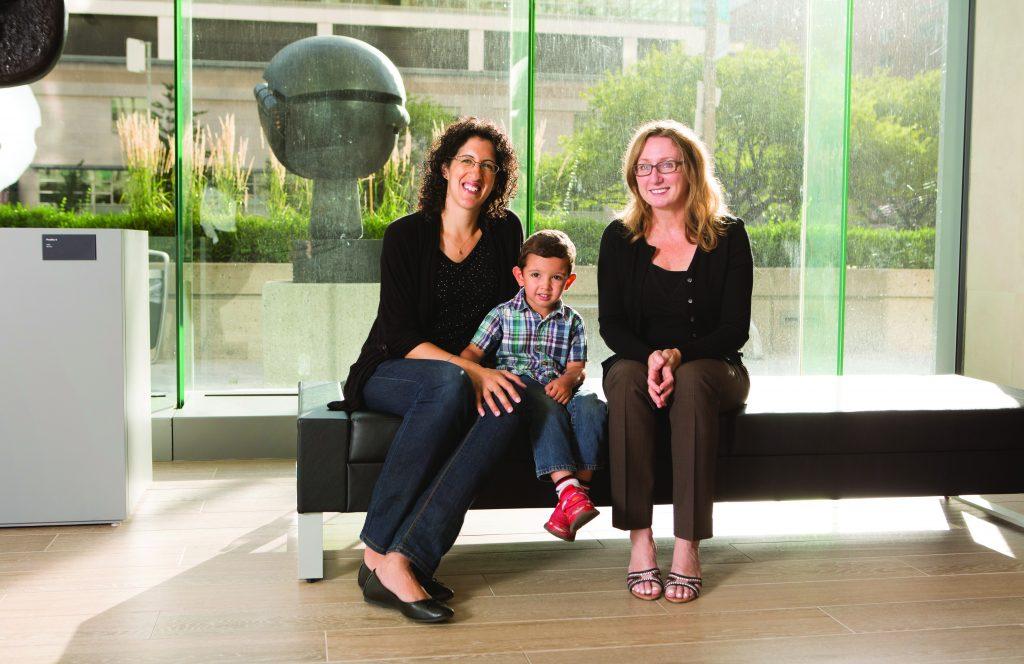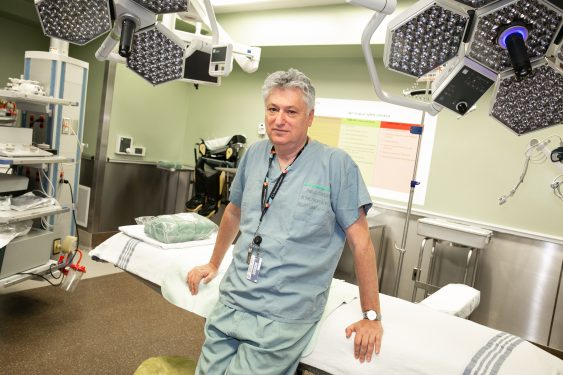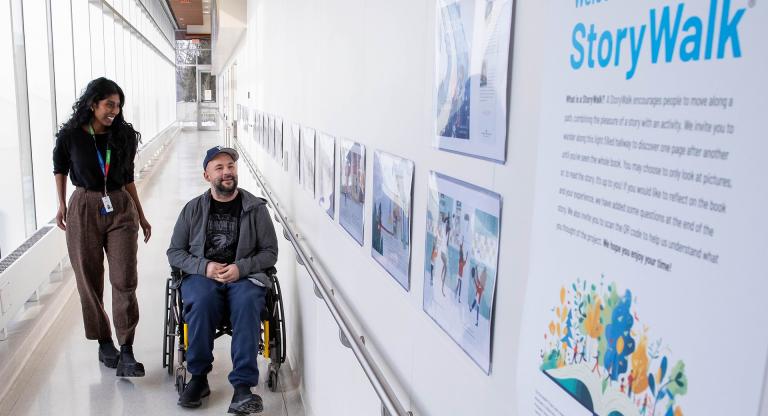New research advances specialized care for pregnant patients with heart conditions

Twenty years ago, when Dr. Samuel Siu, Dr. Mathew Sermer and their colleagues published a landmark study on a risk assessment tool for predicting complications in pregnant women with heart conditions.
At the time, there were very few obstetricians or cardiologists with expertise on pregnancy and heart disease.
Many women with heart abnormalities were actively discouraged from becoming pregnant. Today, Dr. Sermer is Obstetrician and Gynaecologist-in-Chief at Sinai Health System and is one of only a small number of obstetricians in North America specializing in pregnancy and heart disease, but the care of this patient population has changed significantly.
Women are no longer discouraged from becoming pregnant and most will do well with careful monitoring. A new paper in the prestigious Journal of American College of Cardiology by Dr. Candice Silversides and Dr. Samuel Siu, cardiologists at Sinai Health System’s Miles Nadal Heart Centre, along with Dr. Sermer have updated the risk assessment tool.

“Because there are so few of us in North America, or around the world, who specialize in caring for pregnant women with heart conditions, it’s important to provide this information to both obstetricians and cardiologists to reference,” says Dr. Sermer. “An accurate assessment of cardiac risks during pregnancy is incredibly important for patient to make informed pregnancy decisions and for physicians when determining a care plan,” continued Dr. Silversides.
The study also demonstrated that cardiac complications can occur anytime during pregnancy, which is why monitoring and being responsive is so important. “This was important new information for us, because historically, labour and delivery were considered the highest risk,” said Dr. Sermer.
Dr. Sermer highlights that with a proactive approach and improved peripartum management, many women will do well during pregnancy. The information from this large study of pregnant women with heart disease will allow obstetricians and cardiologists to better care for their patients.












